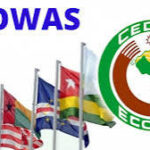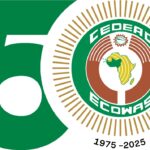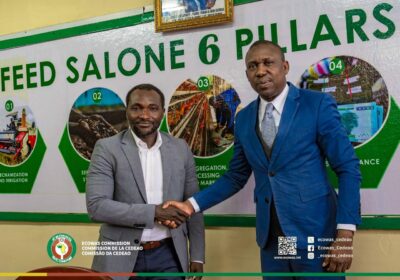Nigeria’s HIV/AIDS Battle Faces Uncertainty Amid U.S. Foreign Aid Freeze.
By Raymond Enoch
The recent executive order by President Donald Trump, issued on January 20, 2025, has mandated a 90-day suspension of U.S. foreign development assistance to reassess its alignment with American interests. This decision has sent ripples through global health initiatives, particularly affecting countries like Nigeria, which heavily rely on U.S. support for their HIV/AIDS programs.

Nigeria bears the highest burden of HIV in the West and Central African region. Over the past two decades, international partners have collaborated with the Nigerian government to enhance prevention, treatment, care, and support for individuals living with and affected by HIV/AIDS. A cornerstone of this support has been the U.S. President’s Emergency Plan for AIDS Relief (PEPFAR), which has significantly bolstered Nigeria’s HIV/AIDS response. Notably, PEPFAR’s contributions account for approximately 90% of the treatment efforts in the country.
The suspension of foreign aid funding by the U.S. government has raised concerns about the continuity of these critical services. However, on January 28, 2025, the U.S. administration issued a waiver for life-saving medicines and medical services, allowing the resumption of HIV medication distribution and related medical services supported by PEPFAR in Nigeria.
In response to the potential volatility of foreign aid, the Nigerian government has expressed appreciation for the U.S. waiver and is taking proactive steps to ensure the sustainability of its HIV response. Dr. Temitope Ilori, Director General of the National Agency for the Control of AIDS (NACA),
In a press release issued on February 5, 2025, in Abuja, emphasized the importance of intensifying domestic resource mobilization. This strategy aims to reduce dependence on external donors and mitigate risks associated with policy shifts.
Dr. Ilori stated, “Through effective stakeholder collaboration, creating favorable policies, and advocacy to policymakers, Nigeria can still achieve the target of ending AIDS by 2030.”
The government urges patients to continue accessing HIV treatment services at designated centers nationwide.
Additionally, there is a call for continued commitment and support from state governors, private sector partners, members of the National and State Assemblies, civil society organizations, the media, and other relevant stakeholders in the fight against HIV/AIDS in Nigeria.
While the U.S. waiver provides temporary relief, the situation underscores the need for Nigeria to strengthen its healthcare infrastructure and funding mechanisms. By bolstering domestic initiatives and fostering collaborations, Nigeria aims to ensure that its strategic goals in combating HIV are achieved, irrespective of external funding dynamics.
According to the statement, the Nigerian government remains committed to its partnership with international allies and appreciates their continued contributions to the national HIV response. The collective efforts aim to maintain momentum towards ending AIDS in Nigeria by 2030.










